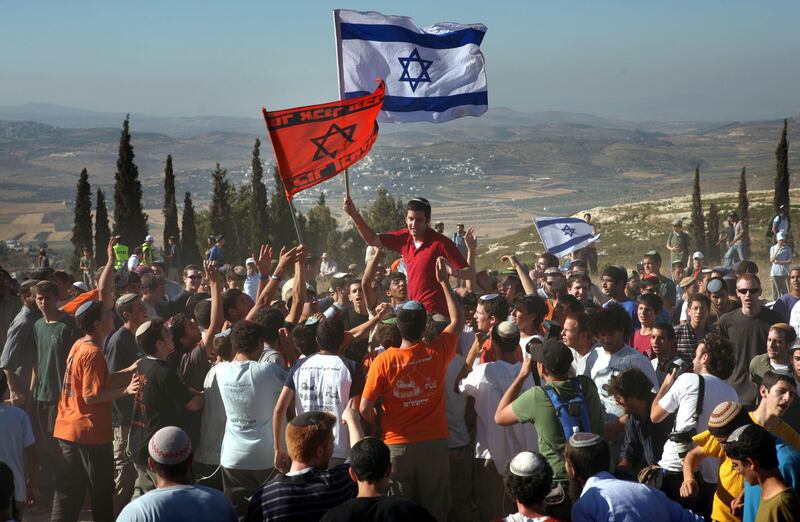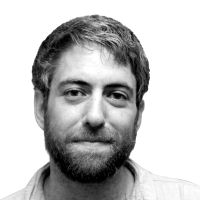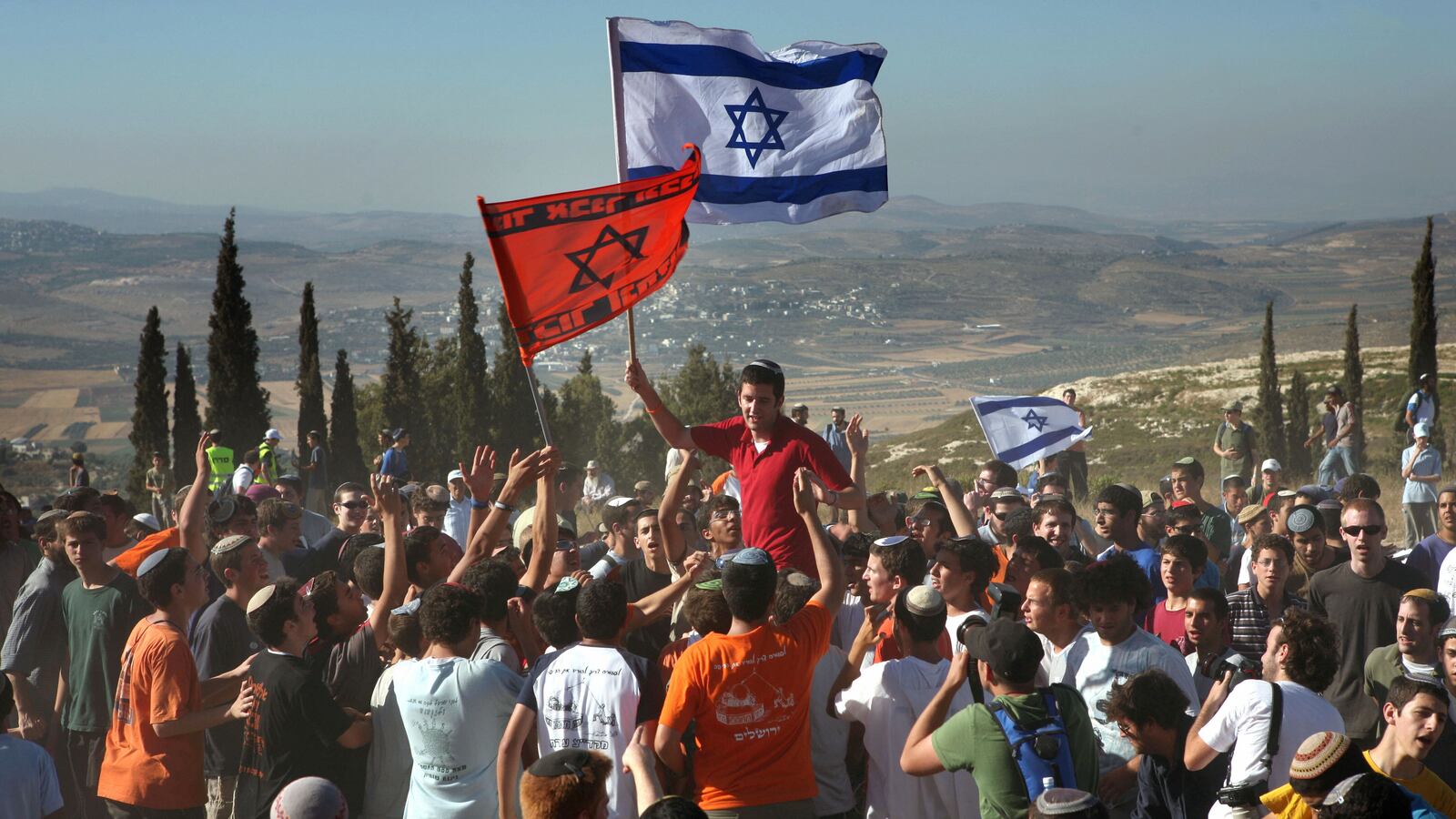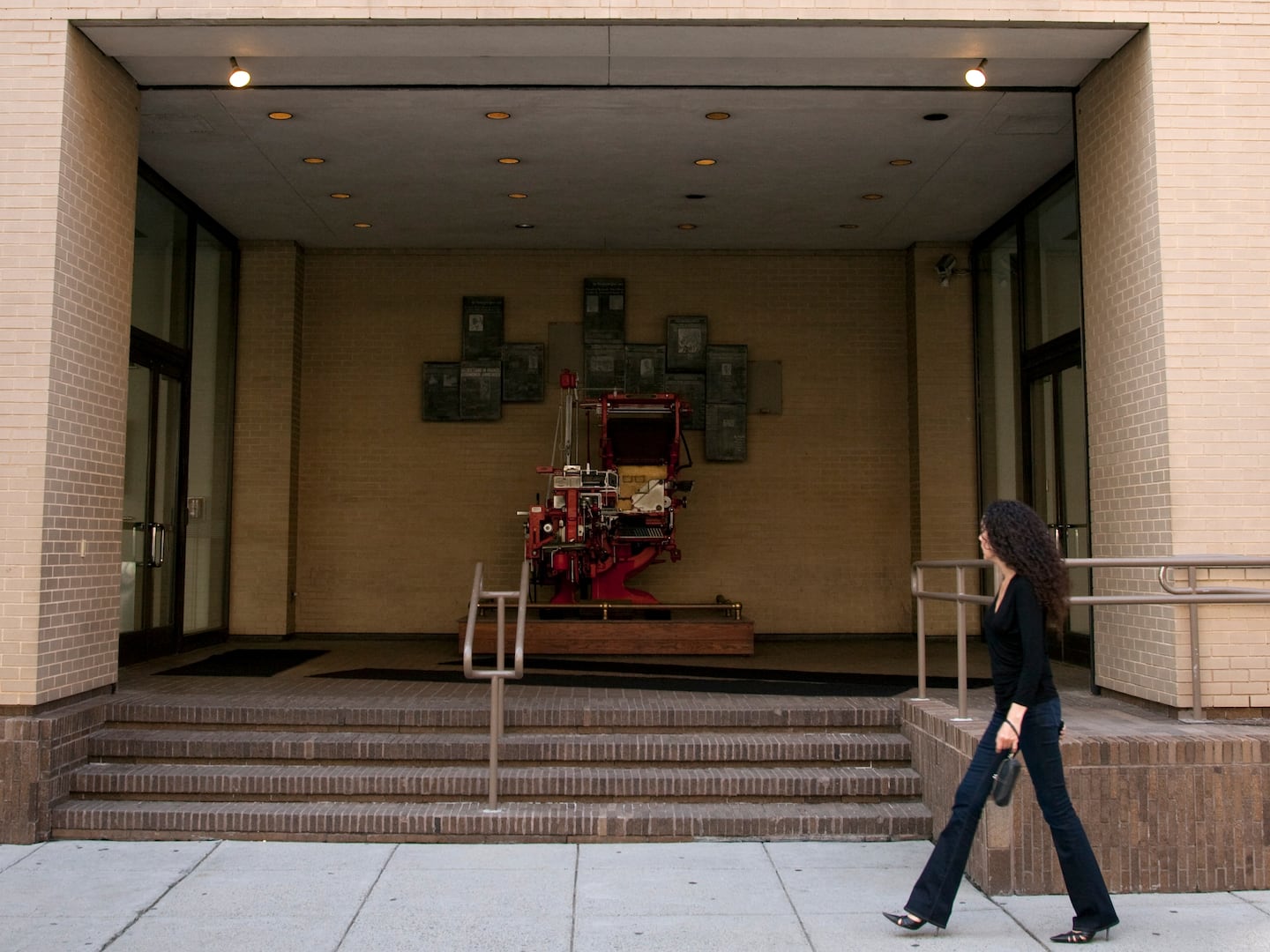In the northern West Bank town of Burqa, just outside Nablus, the question of whether Israel is capable of disengaging from occupied West Bank land is being put to the test.
The Palestinian village sits adjacent to the now abandoned Israeli settlement of Homesh, which was evacuated in 2005 as part of the Israeli plan to quit its Gaza settlements alongside two remote West Bank ones. However, despite the official claims of having left, the 480 acres of land was never returned to the Burqa residents it was seized from in the 1970’s. Instead, the land remained under an Israeli closed military zone that protected squatting settlers and barred cultivation by the Palestinian owners until recently.

Now, after Israel’s Supreme Court upheld a petition by the Israeli human rights organization Yesh Din on September 15, requesting the closed military zone be struck down and the land returned to the Palestinians, settlers walk around freely while Palestinians are afraid to return.
“I’m afraid to go there because the settlers are armed,” says Hassan Ashqer, a middle aged man who owns land in the former settlement. Sitting in the mayor’s office of the shabby municipality building overlooking the stunning surrounding green hillsides, Ashqer details years of settler attacks and the difficulties the occupation has caused for Burqa’s 2000 residents.
Living in the Gulf until 1999, Ashqer says he returned with the hope of the situation in the village improving. He describes a desire to once again grow olive and pineapple trees on the land but the continued regular visits by around 10 settlers from nearby settlements makes that impossible.
“My wife is telling me to go back to the Gulf because the situation is not good here. I want to do something, but it’s not easy for me and my family,” he says in a melancholy voice.
In the distance, the towers of the former settlement still stand tall while villager’s dreams of building a water tank and expanding agricultural projects onto the land they lost remain on indefinite hold, despite the recent Israeli legal guarantees.
“Nothing has changed so far,” says Jihad Abdel Jalil, Burqa’s mayor. “We all know that implementation here happens on the ground and could happen in one month or could happen in one year. So people are skeptical,” adds the bushy mustached mayor from behind his desk.
Yet for Michael Sfard, the Israeli human rights lawyer who represented the village in the Yesh Din petition, removing the settlers and guaranteeing Palestinian access on the ground is just the last stage in a precedent setting case that started in 2008.
“Once the owners are able to take back possession of their lands… it will be the first precedent ever [in the West Bank] in which an area used for settlement activity is being cultivated again by the Palestinians,” says Sfard with excitement over the phone from his office in Tel Aviv. “This proves that the erection of a settlement on Palestinian lands is not irreversible. It is reversible!”
Still, because the decision to return the land was the result of the specifics of former Prime Minister Ariel Sharon’s Disengagement Plan, the ruling will have no practical impact in forcing the return of almost any other West Bank Settlement to Palestinians. Nor will it have a practical impact on the ongoing negotiations.
Furthermore, real questions remain as to whether the Israeli army or government will heed the Supreme Court's order in favor of Burqa’s residents. In several cases, such as the route of the Israel’s separation wall around the West Bank village of Bi’lin to rulings about settlement barriers erected on land in the villages of Silwad and Jaba, the army has severely delayed or out-right ignored Supreme court orders that return land access to Palestinians.
For the residents of Burqa, they are now forced to reconcile a paper victory in Israeli court with the inability to practically reclaim their land from an abandoned settlement haunted by a handful of armed settlers.






